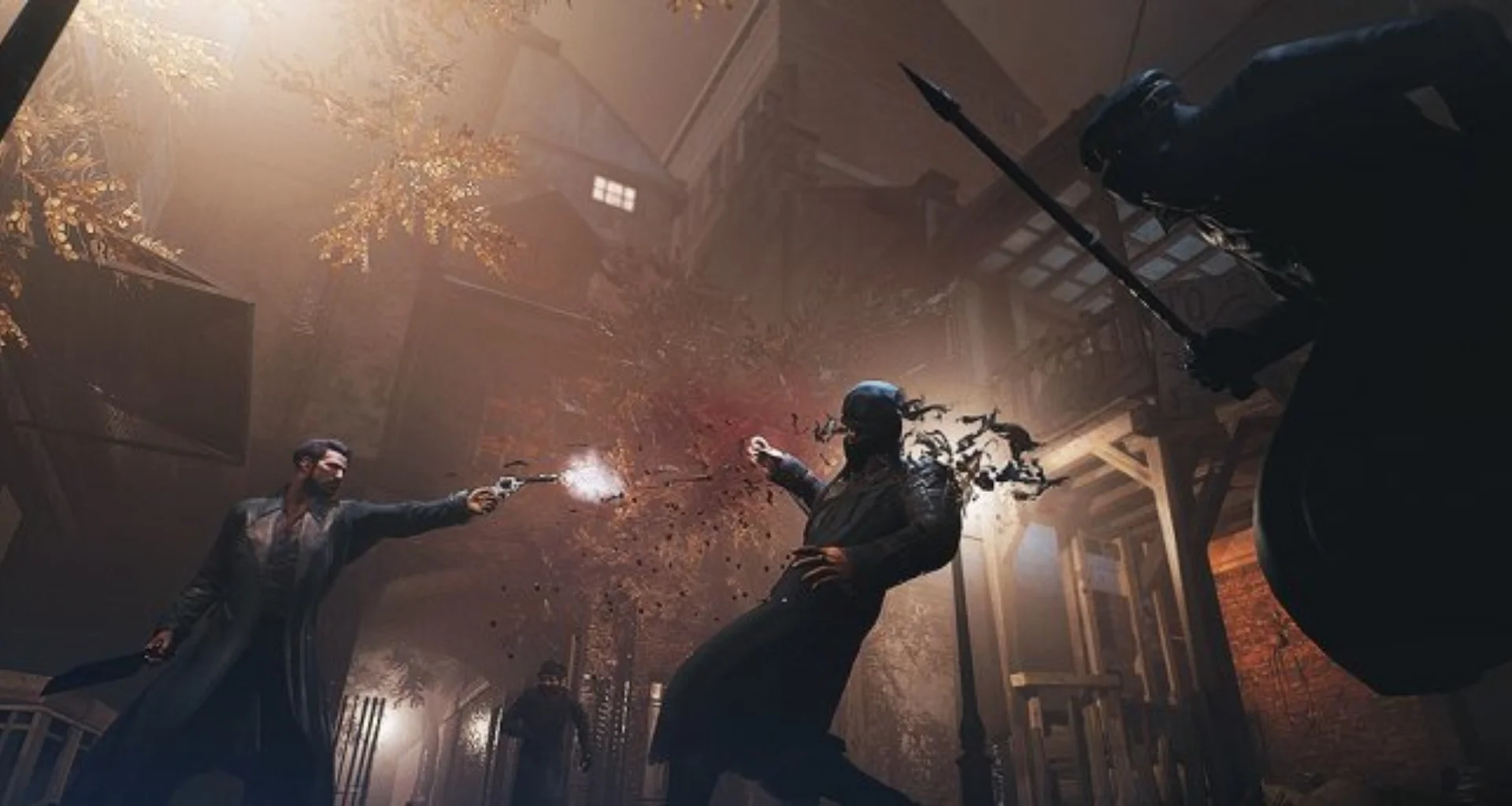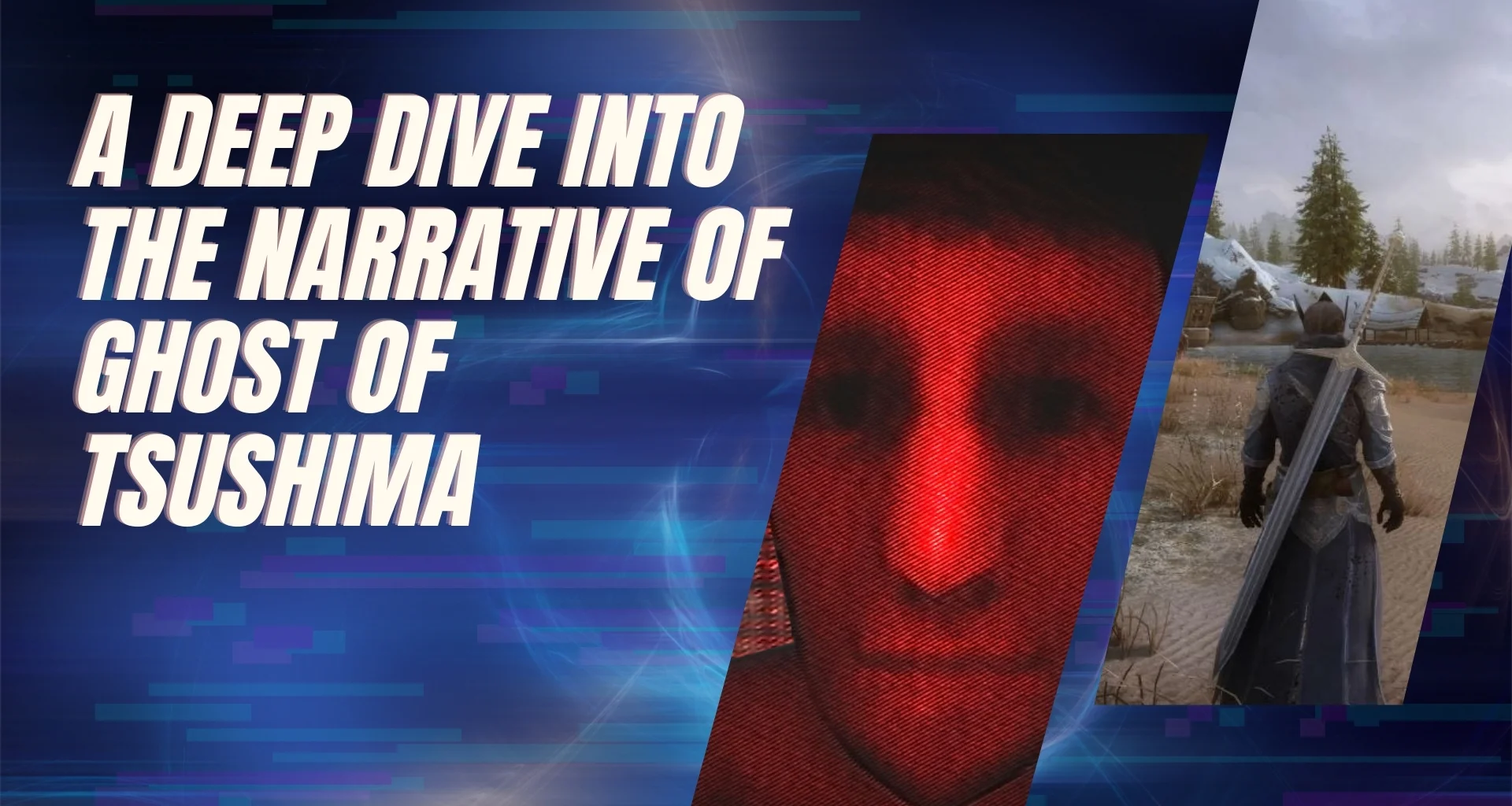The feeling of being a gamer is in the air, stepping into something that can almost be touched and each decision has a lot of meaning. “Ghost of Tsushima” is one among very few in this gaming universe; it’s an exemplary action-adventure game which you can walk on the thin line between tradition and transformation between honor and survival. This,in 1274 when the Mongols first invaded Japan,will not only captivate you with its stunning graphics and combat system but also enthrall you with its deep storyline.
If you are a fan of the Assassin’s Creed series or Sekiro, Tsushima’s rich and complex story will undoubtedly draw you back into game space. Ghost of Tsushima offers a worthwhile story experience for gamers who abstractly think about various kinds of narrating games such as Batman Arkham, Tomb Raider or Prince of Persia. From quietly eliminating enemies to rushing head first into combat armed with your sword, there is here a narrative begging for attention. In this section we highlight some narrative themes and elements that reveal why fans of action and adventure must play that game.
Clash of Culture: Tradition versus Invasion
One of the mainstays working for Ghost of Tsushima is probably found in the struggle between traditional samurai culture of Japan and invading Mongol Forces. You will play Jin Sakai, a noble samurai thrown into the chaos of war who must navigate the narrow path between two worlds. You are bred for battle with honor; hand to hand fighting with your enemy. There is a different type of warfare brought by the Mongol invasion- one that demands cunning and stealth along with techniques you have never used before. As a gamer, you may be familiar with cultural clashes between factions within games like Assassins versus Templars in Assassin’s Creed or indeed even belief Contest in Immortals Fenyx Rising but Ghosts takes it to another level by placing you smack-dab in between these conflicts. You can feel the tension as Jin grapples with his identity, torn between being an honorable samurai, and the need for him to be ‘Ghost’, a shadowy warrior. It is a story that would make you question your values: sticking to the code or bending it for your loved ones?
Power’s Corruption: The Mongol Empire’s Tyranny
In the game Ghost of Tsushima the Mongols have remained oppressive forces throughout the land and the people themselves; they would like to conquer both. Charred villages and enslaved people are just some of the signs. Power corruption forms a major part of this game.
Playing this game will let you see how ambition unrestrained by any moral compass or compassion can destroy towns completely. Like in Prince of Persia where corrupt forces are prominent or Batman Arkham with its merciless foes; it is still that constant presence-Mongols-to remind us about punishments of tyrannies. The relentless cruelty of these Mongols creates a stark contrast to samurai’s code on honor. He who plays Jin Sakai’s role fights an abstraction-The oppressive power not an enemy as such. As a gamer you will always ponder on one thing; what does it really mean to bear arms against such a power and what does it actually cost?
Loss of Innocence: The Cost of War
The narrative of Ghost of Tsushima is unflinching as you delve further into it. Jin’s journey is stained with loss of innocence which is profoundly personal. That which was initially an upright objective to protect his fatherland soon morphs into a mad race for existence itself. There are choices made that bother one’s conscience, while with every battle fought, another part of Jin is marginalized.
Most will discover this kind of character development if they have played games like Sekiro or Tomb Raider, in the way Jin morphs from being a samurai to becoming “The Ghost”. It’s comparable to how Lara Croft changed from being a naïve archaeologist to becoming a survivor and how shinobi would tread their way in Sekiro. The grim reality about war penetrates deeply into your life as you see its emotional implications on Jin and those around him. This story continues like this through such selfless acts of sacrifice during wars and calling forth humanity at its core during troubled times.

Character-Led Storytelling: The Heart of It All
But what really sets Ghost of Tsushima apart is a narrative that emphasizes the characters. Jin Sakai isn’t just a puppet on strings; rather, he is an intricate character with his own fears and desires. As you help him navigate his journey in the game, you will also establish friendships with other characters who have their own perspectives and challenges.
The interplay of these characters is what makes the story engaging. You are not merely playing Jin but also grappling with his inner conflict about being a samurai, battling to save his people while still being authentic to himself. It is one of the best character arc in interactive entertainment alongside Batman: Arkham due to how it unfolds through your actions and decisions throughout the game.
Moral Choices: Decisions that Count
Nevertheless, the most fascinating part of this game is its moral dilemmas. In the storyline you can make choices which influence not only Jin’s life but also Tsushima’s fate. Let your rival go or eliminate all those who obstruct you? Have faith in family-set rules or alter your course to save Tsushima population?
These choices amount to more than mere yes/no options; they are significant storyline decisions. Similar to the decision-making components in Assassin’s Creed and moral choices of the Tomb Raider game series, Ghost of Tsushima actually forces you to think about the consequences behind your choice. This is a story with an added world depth every time and increased heaviness together with the responsibility.
Historical Accuracy: A Fictional Story anchored in Reality
Asian Mysterious Games creator took into consideration that Ghost of Tsushima is fiction but it feels like real life thanks to real historical events and figures cited therein. Each detail from village architecture to armory designs has been carefully planned out in this game for adhering to authenticity across times. It seems like a part of Assassin’s Creed inspiration but put within an imaginary universe based on actual pasts.
The developers of Sucker Punch have painstakingly paid attention to minutiae in order to make this game as realistic and engaging as possible. While strolling through Tsushima, one is able to notice the minor aspects that bring life into existence. It is a fragmentation, a cluttering up of the whole narrative with respect for its cultural and historical origins.
Conclusion: Why You Should Play Ghost of Tsushima
Ghost of Tsushima is not just another combat game or other simple open-world exploration game. Its narrative represents an advanced class in narrating, which combines person-oriented incidents with ethical perplexities and true-to-life facts. There is definitely something here for people who enjoy action-adventure games like Prince of Persia or Tomb Raider as well as narratives found in Assassin’s Creed or Sekiro.
Thus, take your katana in hand, learn the way that leads to Ghosts and enter into a new dimension where honour, obligation and survival are not just mere expressions but rather constitute real life itself .You do not want to miss out on thereal story behind Tsushima which is waiting for you.

